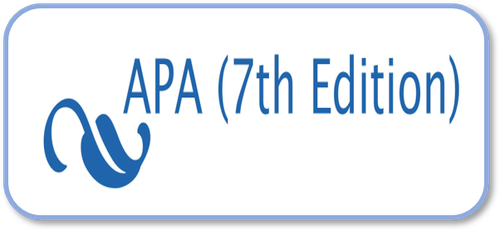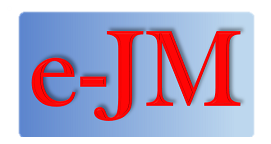Risk Management Of Supplier-Buyer In Procurement Of Raw Materials For Improving Supply Chain Performance
DOI:
https://doi.org/10.24912/jm.v22i3.423Abstract
This study discusses the relationship between Supplier and Buyer related to the procurement of raw materials. In the establishment of Supplier-Buyer relationship, there are considerable risks including coordination problems in supplying, demanding, and disruption of normal activities. Therefore, in overcoming the risks occurring in the Supplier-Buyer, it is necessary to have risk management approach of Supplier-Buyer relationship in Supply Chain activity, to know the occurrence of potential risks for improving Supply Chain performance. This study aims to analysis risk management on Supplier-Buyer relationship for improving company performance by identifying, assessing risks on raw material procurement and evaluating as well as mitigating potential risks that occur to improve Supply Chain performance. The methods of the study are SCOR, FMEA and TOPSIS, and Supplier performance matrix. As the results of SCOR performance, there are two risks of Internal Facing and four risks of Customer Facing. The risks that are categorized as customer facing are supplier risks with Continuity of supply, on time delivery, Knowledge resource and Quality risk categories. While, the Internal facing risks, risks which are associated to buyers including accident and knowledge resource risk categories. The proposed mitigation for improving Supplier performance, a) Coordination with suppliers in the form of sharing information between buyers and suppliers, b) Implementation of Supplier Relationship Management and e-SRM (Electronic-Supplier Relationship Management)
Downloads
Published
How to Cite
Issue
Section
License
Copyright (c) 2018 Jurnal Manajemen

This work is licensed under a Creative Commons Attribution-NonCommercial-ShareAlike 4.0 International License.
This journal provides immediate open access to its content on the principle that making research freely available to the public supports a greater global exchange of knowledge.

This work is licensed under a Creative Commons Attribution-NonCommercial-ShareAlike 4.0 International License



















